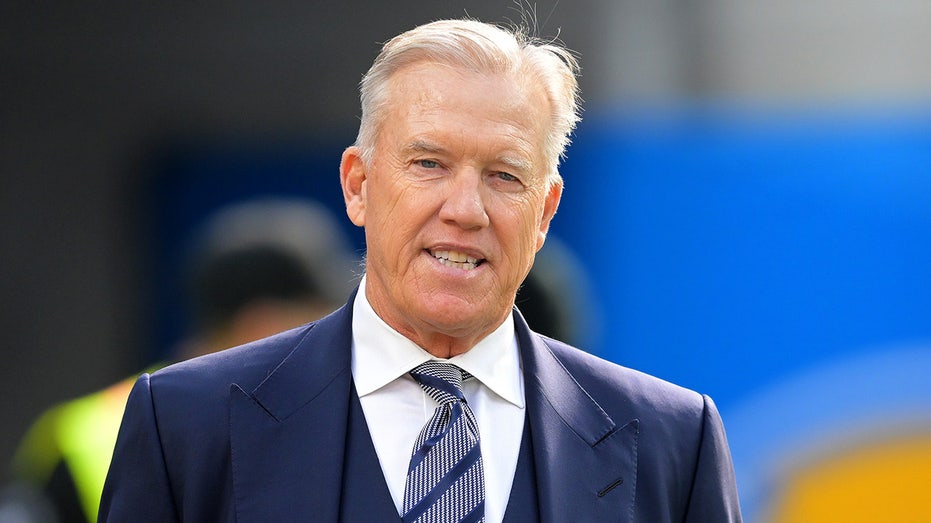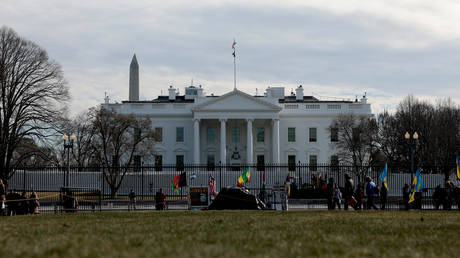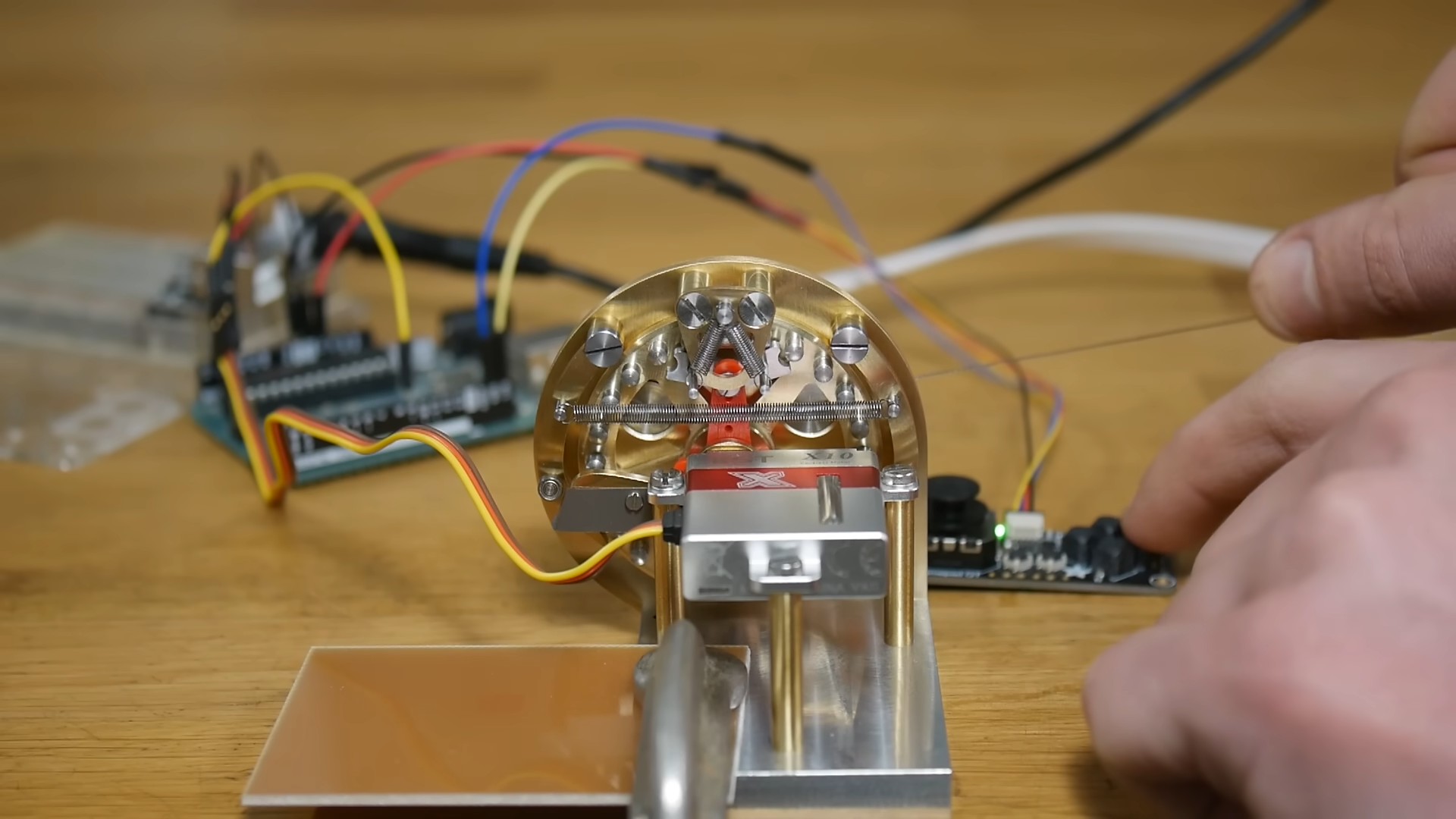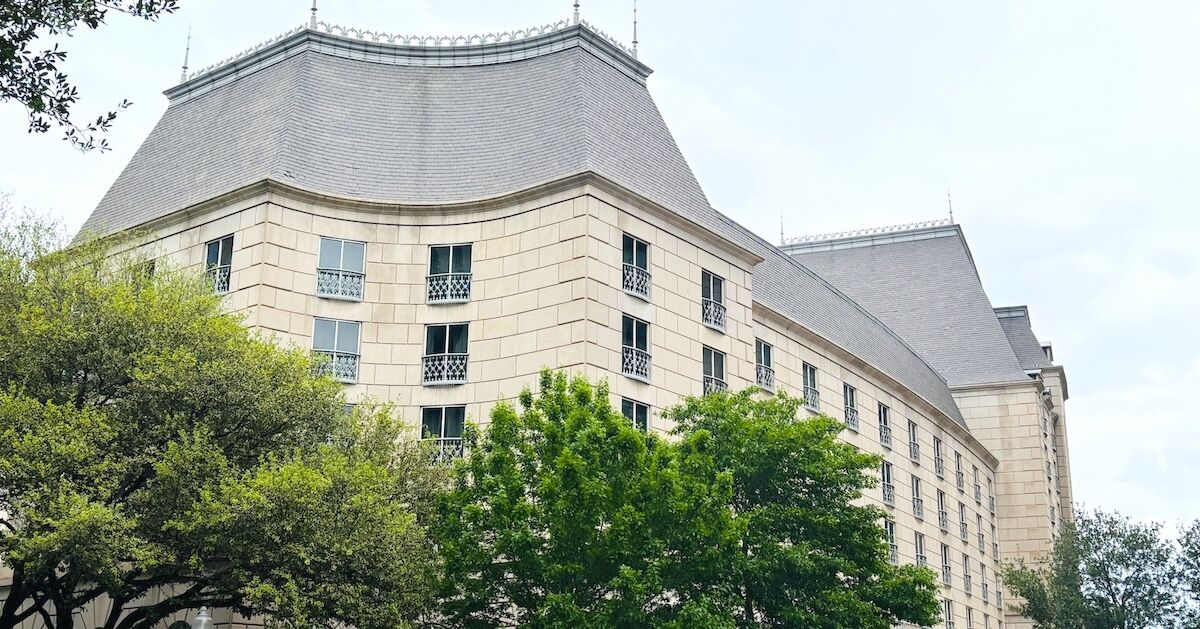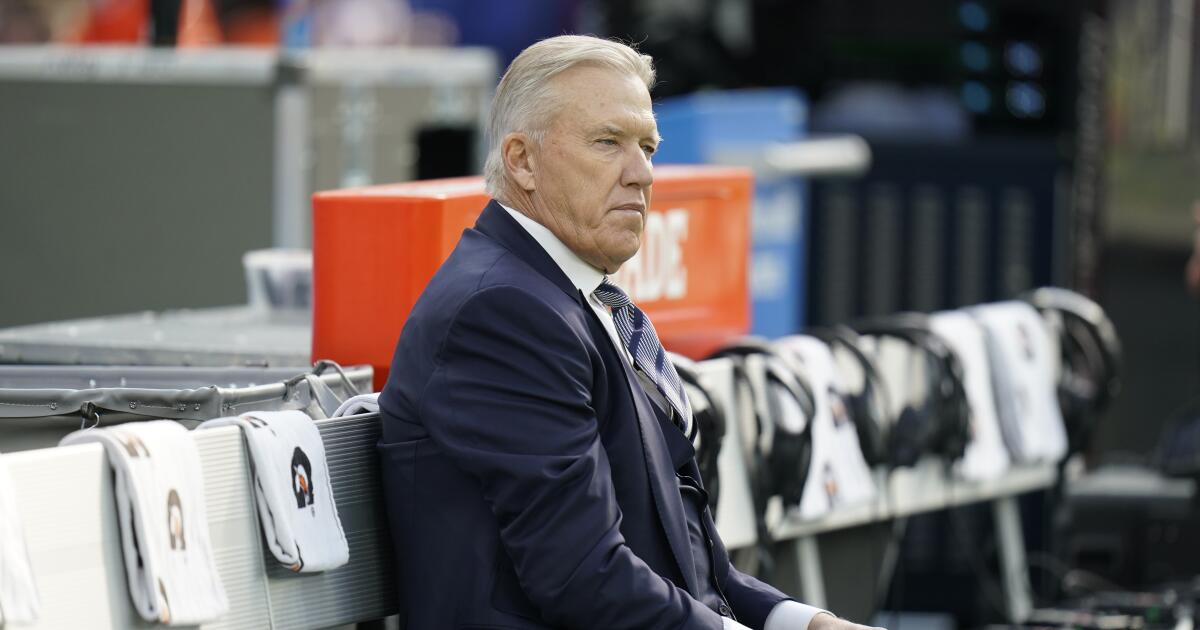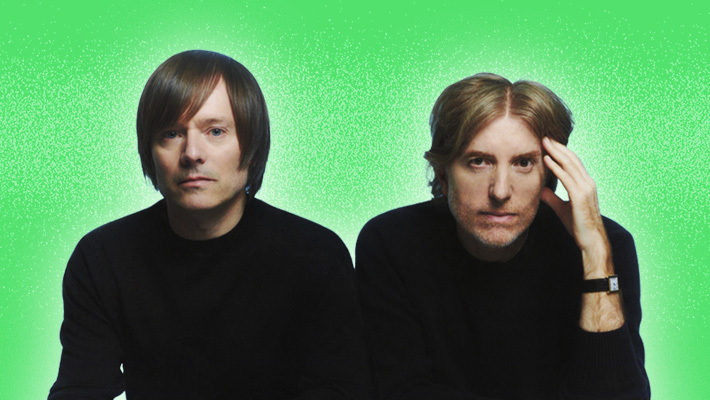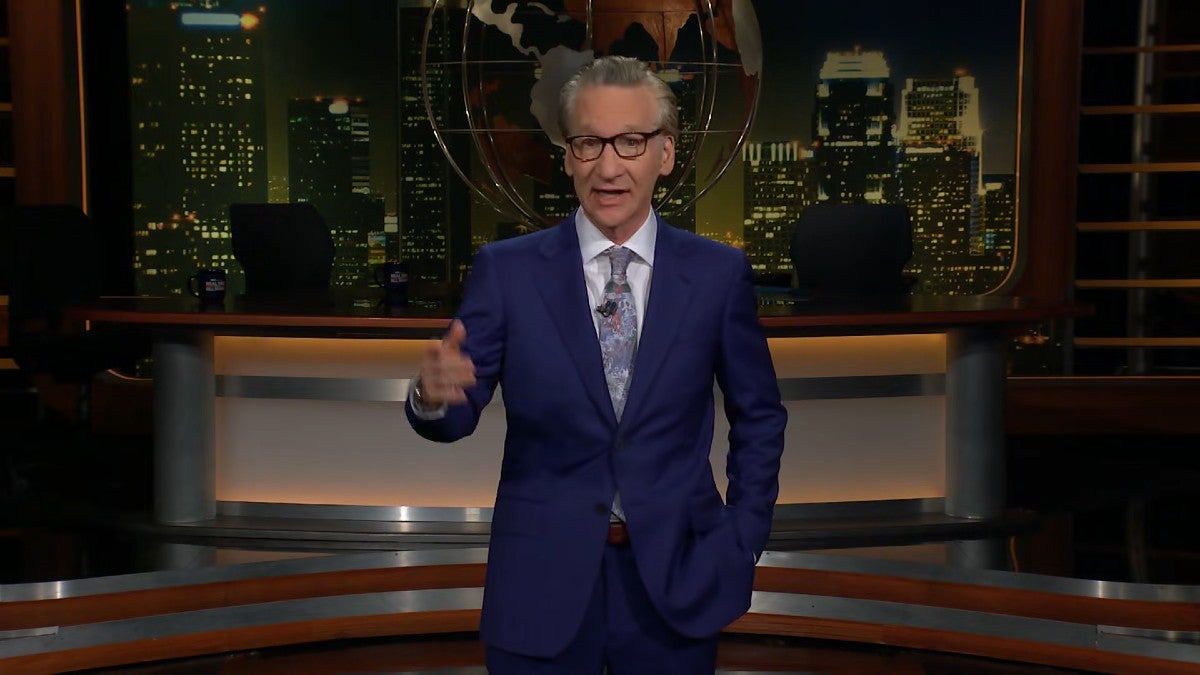Waltz exit adds to 'chaos' in Trump's national security team
The ousting of national security adviser Mike Waltz triggered a major shake-up in President Trump’s White House team, which is divided between America First-isolationists and traditional Republican hawks. Trump announced Thursday afternoon that Waltz, a hawkish former congressman, would become his nominee for U.S. ambassador to the United Nations, with Secretary of State Marco Rubio expanding...

The ousting of national security adviser Mike Waltz triggered a major shake-up in President Trump’s White House team, which is divided between America First-isolationists and traditional Republican hawks.
Trump announced Thursday afternoon that Waltz, a hawkish former congressman, would become his nominee for U.S. ambassador to the United Nations, with Secretary of State Marco Rubio expanding his portfolio to include national security adviser in the interim.
Waltz has been targeted by MAGA loyalists inside and outside the administration over an alleged lack of commitment to the president's agenda, and he was at the center of a Signal chat scandal that marked a low point of Trump's first 100 days.
His removal adds to the tumult in Trump's national security teams. It comes a month after multiple top National Security Council officials were fired along with the head of the National Security Agency and as the Pentagon is roiled by a leak investigation and firings among Defense Secretary Pete Hegseth's top staff.
“Mike Waltz’s abrupt dismissal is further proof of the chaos and incompetence that has reigned over President Trump’s White House and national security team during his first 100 days in office,” said Sen. Jeanne Shaheen (D-N.H.), the ranking member of the Senate Foreign Relations Committee and a senior member of the Armed Services Committee.
“The stunning amount of turnover of senior staff at both the National Security Council and at the Pentagon is alarming.”
While the U.N. post would give Waltz a platform on the international stage, it moves him far from the Oval Office.
Some Republicans expressed disappointment when word of Waltz’s firing as national security adviser emerged.
“He did a very good job as national security adviser. It’s the prerogative of the president to decide who his team will be, but I was sorry to see that news,” Sen. Ted Cruz (R-Texas) said.
Those in traditional GOP foreign policy circles who see Waltz as a trusted figure may find solace in Rubio stepping into the role. Both are cut from the same cloth, supportive of working with U.S. allies and confronting adversaries.
“We’ll never know what outrageous proposals made their way to Waltz’s desk en route to the Oval Office and were quietly blocked thanks to him,” said one foreign policy expert at a conservative think tank, asking for anonymity to protect working relationships with the White House.
“While Rubio's interim appointment as national security adviser is comforting, who President Trump picks to replace Waltz full time will say a lot about the future direction of this White House's foreign policy,” the expert continued.
“For those who believe in American leadership on the global stage, backing allies and standing up to adversaries — at a time when isolationists are gaining more influence — he will certainly be missed.”
Waltz’s messages on the Signal chat in March provided a window into the influence the national security adviser exercised and in the face of pushback from Hegseth and Vice President Vance. The existence of the chat was revealed by The Atlantic, whose editor Jeffrey Goldberg was mistakenly added by Waltz.
In the chat, Waltz pushed back on assertions by Hegseth and Vance that the U.S. was doing Europe’s bidding by attacking the Houthis in Yemen and working to secure Red Sea shipping lanes.
“So whether it’s now, or several weeks from now, it will have to be the United States that reopens these shipping lanes,” Waltz wrote in the group text.
Rubio did not get involved in that discussion in the chat.
Democrats took advantage of the shake-up to push for the Defense secretary's removal.
“Waltz is out. Hegseth, you’re next,” Rep. Ted Lieu (D-Calif.), a member of the House Foreign Affairs Committee, posted on social platform X.
But Waltz’s dismissal is likely less related to his poor handling of text messages and more with personnel clashes with some of Trump’s fiercest MAGA supporters. Axios reported that Waltz clashed with Trump’s chief of staff, Susie Wiles, and had tense relationships with Vance and Trump’s close aide Steve Witkoff.
Rubio has demonstrated a close relationship with the president even amid chaos and confrontation with some of the president’s most ambitious and energetic allies. The former Florida senator weathered Elon Musk’s destruction of the U.S. Agency for International Development through Musk’s Department of Government Efficiency (DOGE). Some Democrats on Capitol Hill credited Rubio with preserving life-saving humanitarian assistance caught up in the cuts and foreign aid freeze.
And Rubio managed to roll out a reorganization of the State Department without, yet, sacrificing the agency to DOGE’s cuts.
Trump reportedly stood up for Rubio during a tense back-and-forth with Musk during an Oval Office meeting, saying, “Marco’s doing a good job.”
On Wednesday, Trump patted Rubio’s hand after he finished speaking during a Cabinet meeting, one signal of the president’s fondness for his former presidential rival.
“He is someone who is well known by the president,” State Department spokesperson Tammy Bruce said, reacting to the announcement. “The president makes perfect assessments of who would implement his agenda, and in this case he’s chosen certainly the secretary, and Mr. Waltz to facilitate his agenda moving forward. Not entirely surprising, I have to say, and good news for the American people.”

